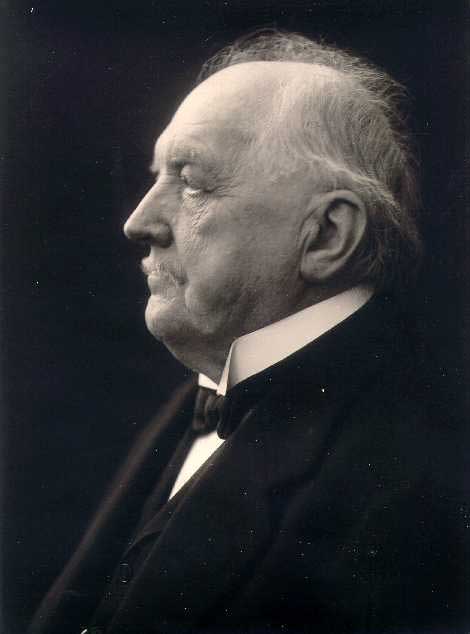.
Martin Wilhelm Kutta
Martin Wilhelm Kutta (November 3, 1867 – December 25, 1944) was a German mathematician.

Martin Wilhelm Kutta
Kutta was born in Pitschen, Upper Silesia (today Byczyna, Poland). He attended the University of Breslau from 1885 to 1890, and continued his studies in Munich until 1894, where he became the assistant of Walther Franz Anton von Dyck. From 1898, he spent a year at the University of Cambridge.[1] He was professor at the RWTH Aachen from 1900 to 1912. Kutta became professor at the University of Stuttgart in 1912, where he stayed until his retirement in 1935.
In 1901, he co-developed the Runge-Kutta method, used to solve ordinary differential equations numerically. He is also remembered for the Zhukovsky-Kutta aerofoil, the Kutta-Zhukovsky theorem and the Kutta condition in aerodynamics. Kutta died in Fürstenfeldbruck, Germany in 1944.
References
^ Venn, J.; Venn, J. A., eds. (1922–1958). "Kutta, Wilhelm Martin". Alumni Cantabrigienses (10 vols) (online ed.). Cambridge University Press.
External links
O'Connor, John J.; Robertson, Edmund F., "Martin Wilhelm Kutta", MacTutor History of Mathematics archive, University of St Andrews.
Martin Wilhelm Kutta at the Mathematics Genealogy Project
Retrieved from "http://en.wikipedia.org/"
All text is available under the terms of the GNU Free Documentation License


